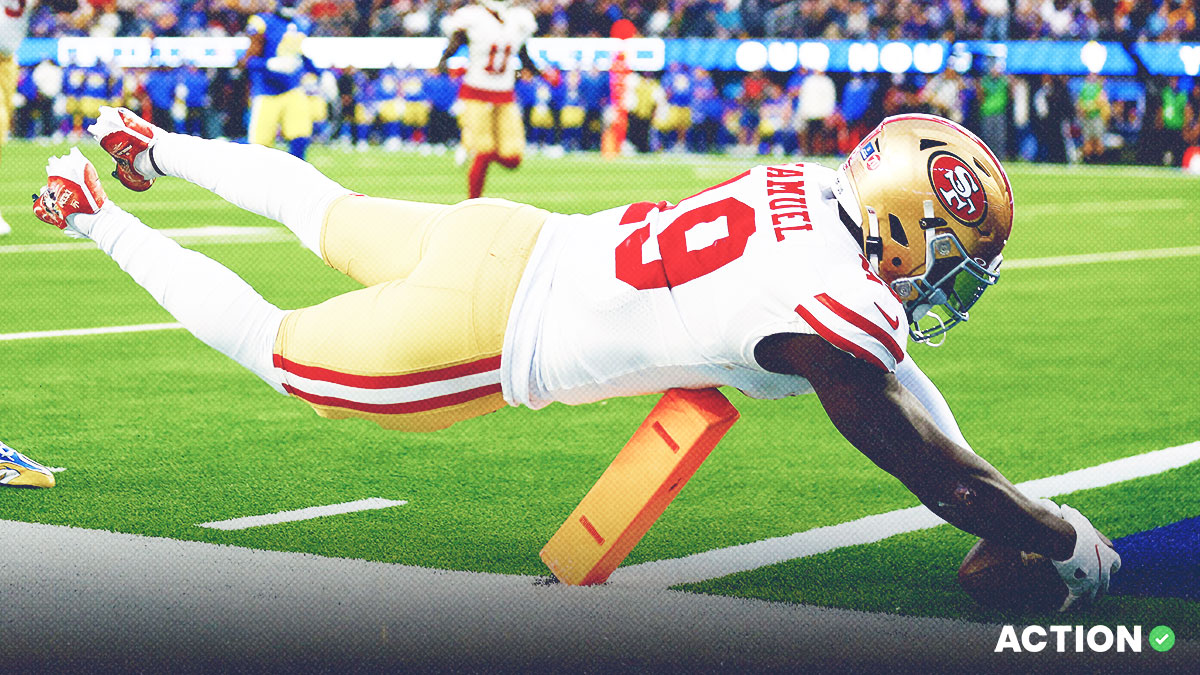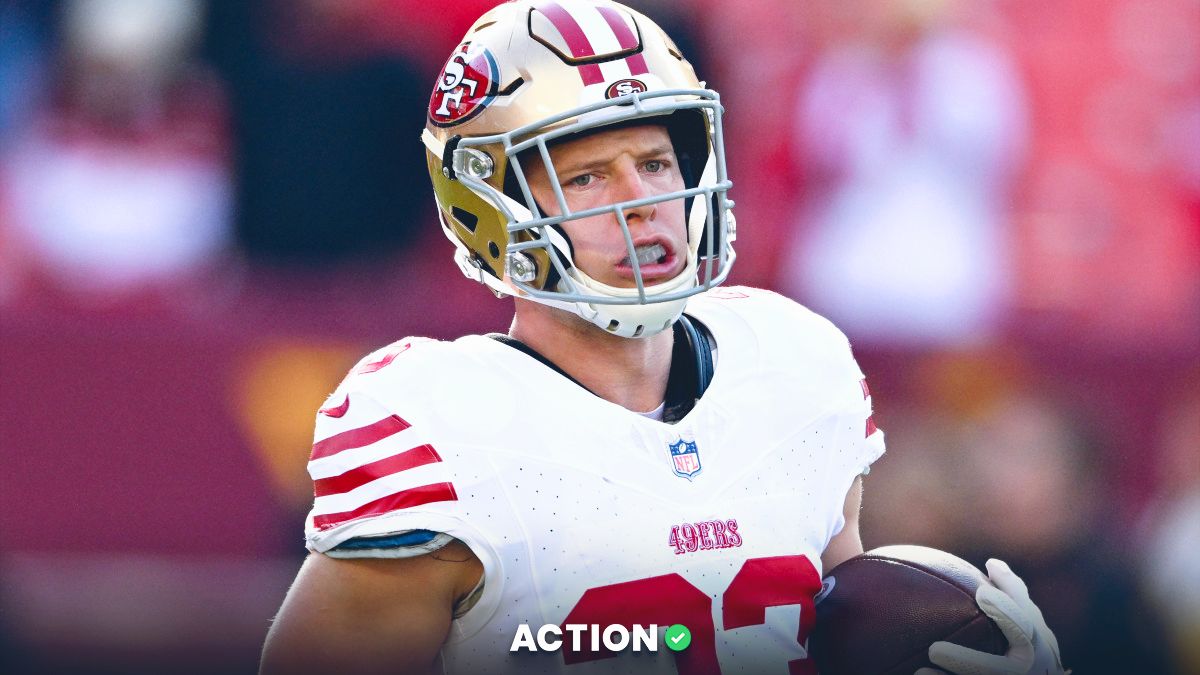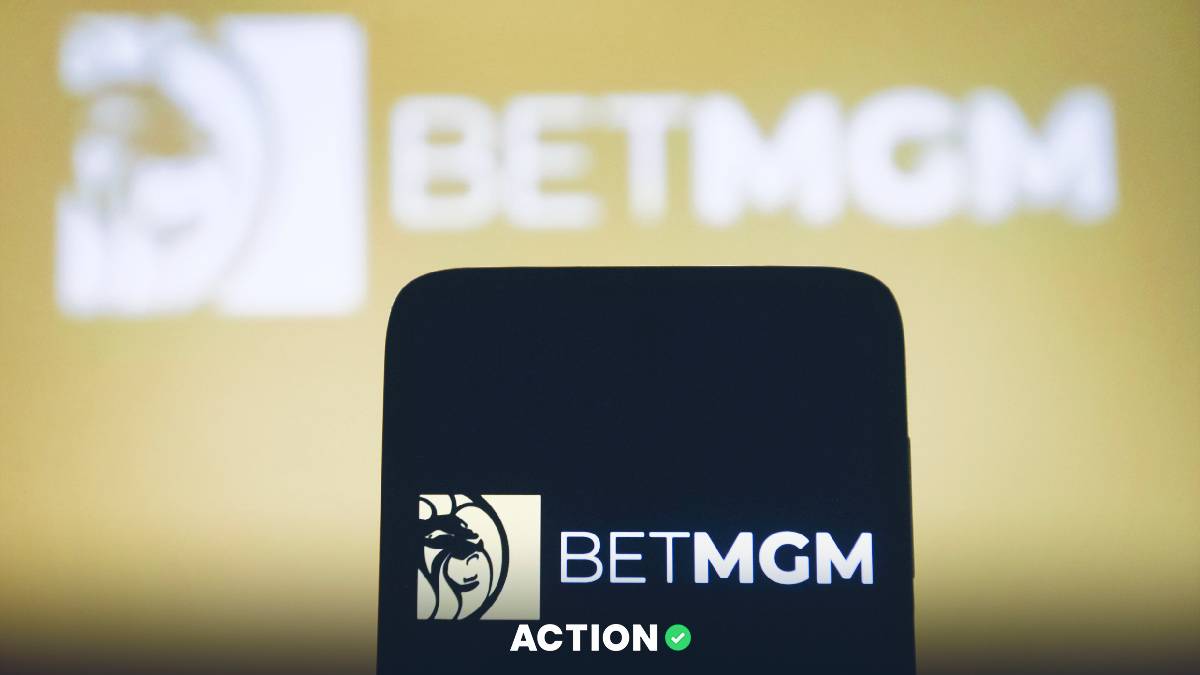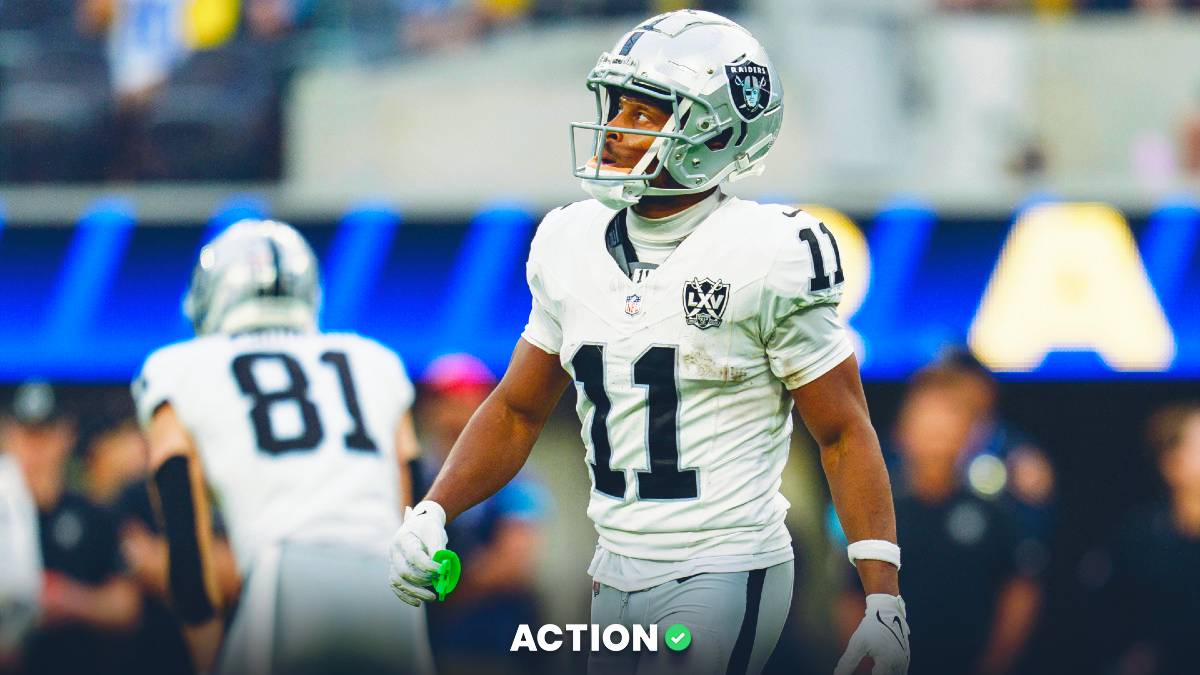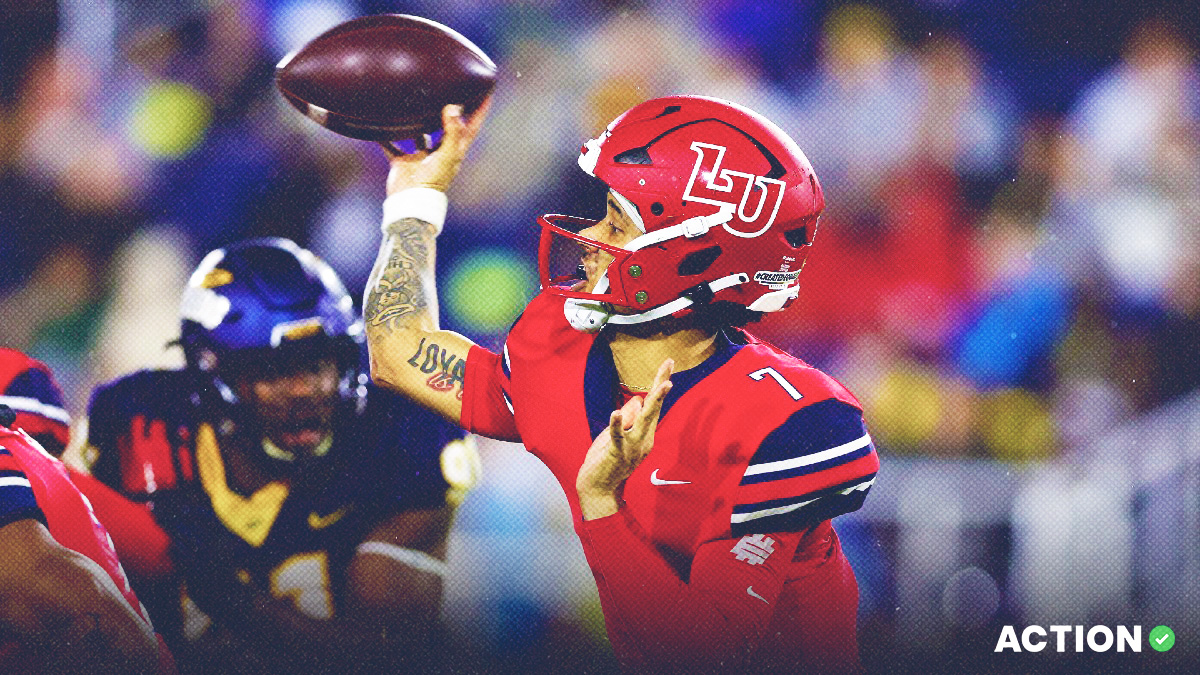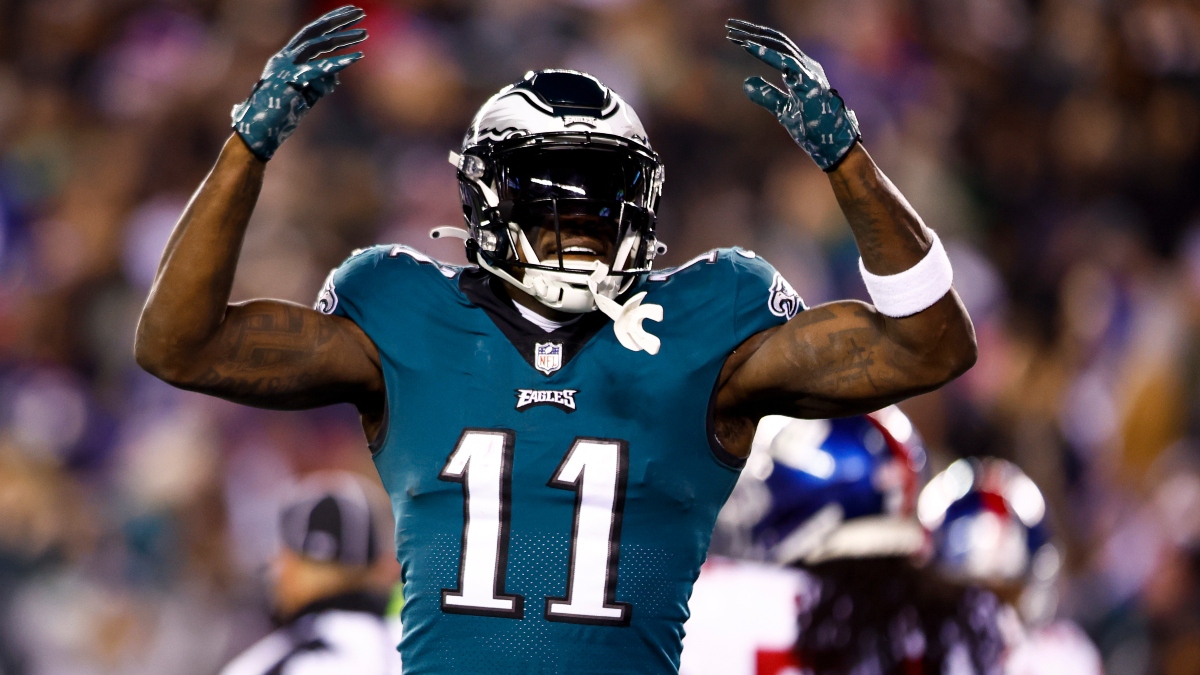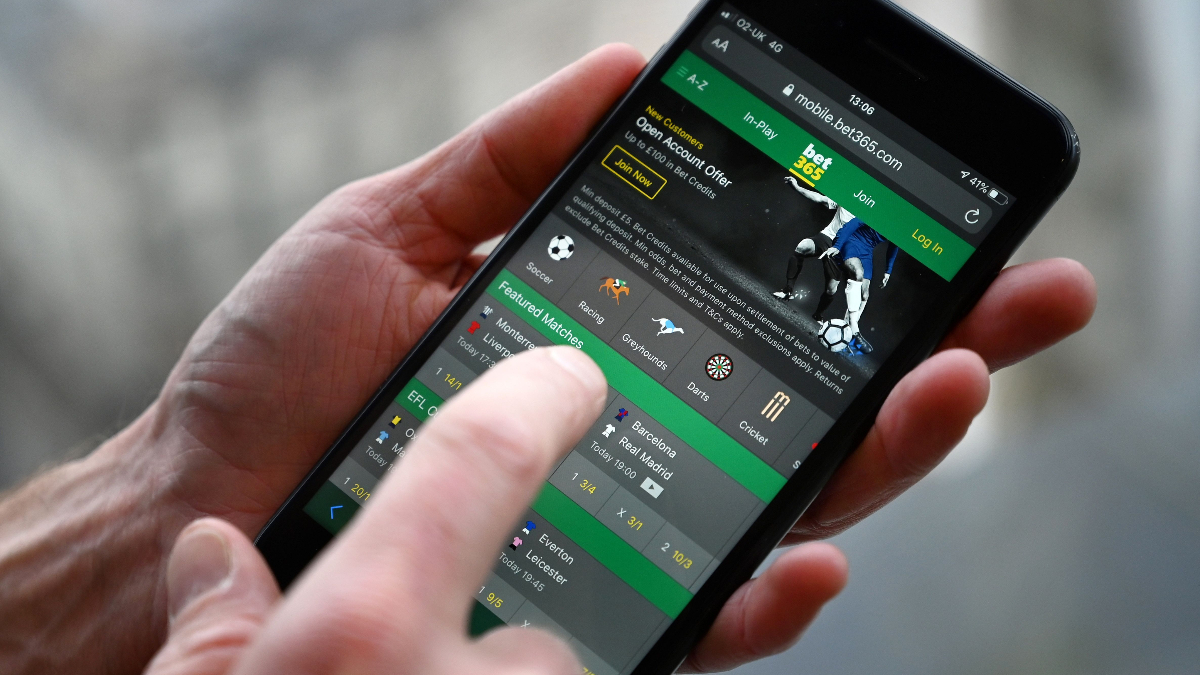Now that we've covered the basics of sports betting, along with some terms and strategies bettors can use to find value in the live betting market, it's time to review advanced concepts familiar among experienced sports bettors.
Off-screen
This refers to sportsbooks that do not post their live lines on odds screens, such as Sports Insights' Live Odds page. Big bettors will often bet their plays "off-screen" first to prevent sportsbooks from moving on air to account for the action.
Once money is wagered off-screen, sharp bettors will then bet at sportsbooks tracked by live odds services.
Hedging
Hedging becomes a popular strategy as seasons come to a close and futures tickets get settled. For example, assume you bet $100 on the Cowboys to win the Super Bowl at 28-1 and they advance to take on the Steelers on Super Sunday. In this scenario, you can then bet the Steelers moneyline to win the game to ensure you lock in profit.
Have questions regarding whether you should hedge a specific bet? Please send your hedging questions to mailbag@actionnetwork.com.
Middling
Opportunities to "play the middle" occur following major line moves. For example, assume you've already bet the Vikings -3 to beat the Packers and Aaron Rodgers is suddenly ruled out due to an unexpected injury. Following Rodgers' status update, the line re-opens at Minnesota -10.5, meaning bettors can now play Green Bay +10.5. By holding both Vikings -3 and Green Bay +10.5, bettors can play the middle and win both bets should Minnesota win by four to 10 points.
Scalping
Scalping is a strategy in which bettors guarantee profit by betting both sides of the same matchup when odds allow it. For example, one sportsbook is offering the Yankees +105 against the Red Sox while a second sportsbook is offering Boston at +105. By betting both teams, bettors can guarantee profit.
Implied probability
In betting circles, implied probability refers to the likelihood of an event happening based on current betting odds. For example, if the Red Sox are -200 favorites, that translates to a 66.7% chance of that occurring.
SBR's odds converter is a useful tool that includes implied probability calculations.
True odds
True odds refer to the likelihood of an event happening, based on one's betting system or statistical model. Let's assume your model projects the Astros to beat the White Sox 65% of the time based on the latest information (starting pitchers, lineups, etc.) and the betting line is -140, an implied probability of 58.3%.
Because your true odds expect Houston to win more often than the current betting market, you should bet on the Astros due to positive expected value.
Bitcoin/crypto
Cryptocurrencies, such as Bitcoin, have become very popular among bettors due to the ease of both depositing and withdrawing money from online sportsbooks.
Credit account
These are accounts at sportsbooks in which bettors don't need to deposit up front, and instead settle up at predetermined win/loss numbers. Many experienced/professional bettors take advantage of credit accounts when betting futures or other events that won't be graded for long periods of time.
Additionally, credit accounts are popular ways to bet off-screen.






